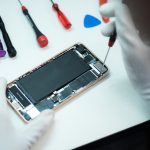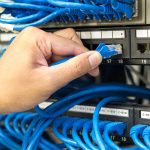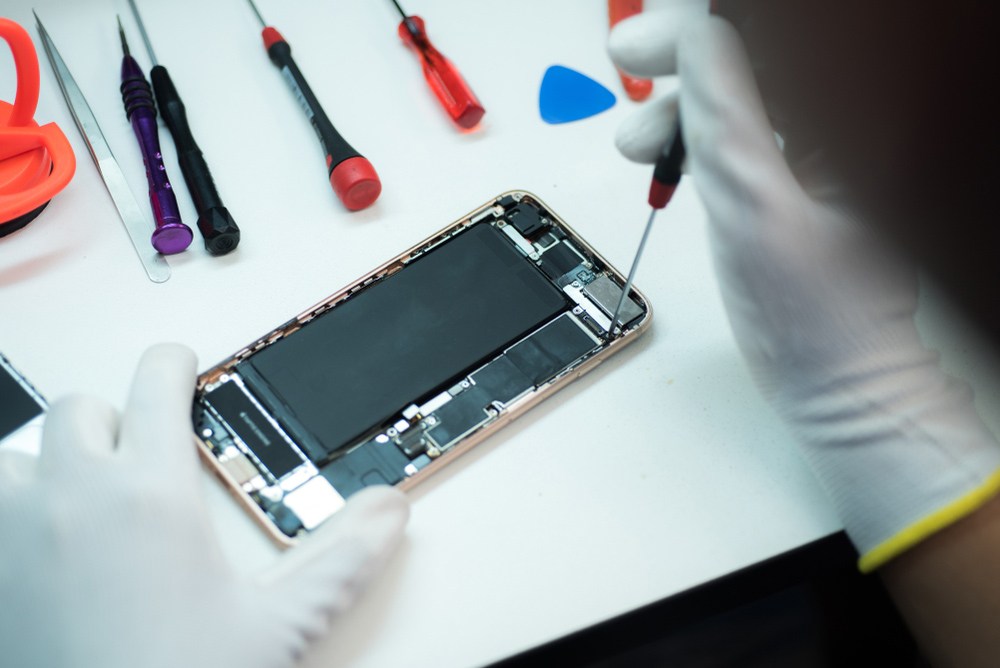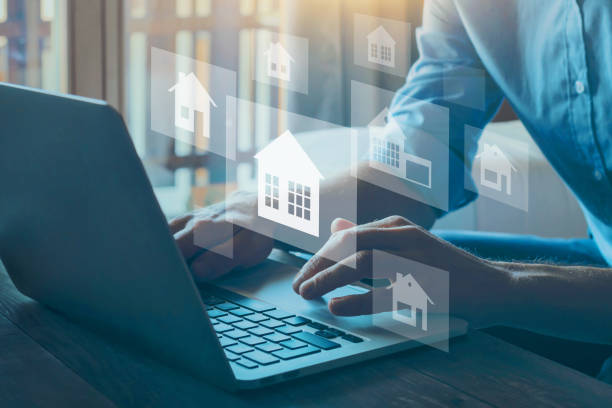You have heard about drone technology in military application and weather tracking. Its applications do not stop there. You have to know that more and more farmers find drones helpful especially when it comes to improving their agricultural practices. If you are a farmer, it is time that you make the most out of this technology.
With the coming of drones in the agriculture industry, it paved the way for a sustainable future. Here’s how Drones for Agriculture assist farmers:
It gives more information in less time
Drones have the ability to watch farm fields efficiently. Traditionally, farmers evaluate the fields manually on foot or using a tractor. Although this approach allows the farmers to see the fields first-hand, it is time-consuming going around. With the use of drones, the farmers now can gain immediate and real-time knowledge about the status of the fields.
The best thing about drones is that you are not constrained by time. You can gather information whenever and wherever you need it thereby minimising the response time that is needed to address a particular issue. Maintaining crops is easier with the help of drones.

It improves the health crop
The drone can also help in improving the health of your crop by collecting valuable data. There are drones that are designed with sensors, which can collect data like plant height measurements. The sensors are equipped with infrared wavelengths that can generate vegetation index images. The images will indicate which plants are healthy and which are absorbing enough sunlight.
On top of that, drones can construct satellite maps that can assist the farmers when it comes to deciding about fertilizers. You already know that deciding about fertilizer is a major concern because it constitutes up to 50% of the input costs. The drones employ advanced sensors that reflect infrared wavelengths.
With this, the drones can construct a map showing which area needs more nitrogen or phosphorus. You will also know real-time which area has an excess of nutrients. Through this, you can apply precise fertilizers needed by the plants to be healthy.
It can optimise water usage
Aside from the sensors, drones are also equipped with thermal cameras. The thermal cameras allow the drones to sense cool and dry regions. The farmers can use the data gathered by the drones to adjust the field irrigation and lessen excess water. This feature is beneficial for regions that are drought-stricken.
Aside from optimising water usage, drone technology can also reduce fertilizer runoff into nearby streams and rivers. You have to keep in mind that the runoff could lead to an increase in algal blooms and dead zones in the water systems.
Without a doubt, Drones for Agriculture can benefit farmers in more ways than one. Ultimately, it can increase yields, save time and increase your investments. You can consider agriculture service professionals that can help you monitor your crops or you can operate the drone on your own. If you want to operate it on your own, at least determine the rules of the sky. Take time to learn about the regulations in terms of requiring the operators to be certified and other commercial rules.















